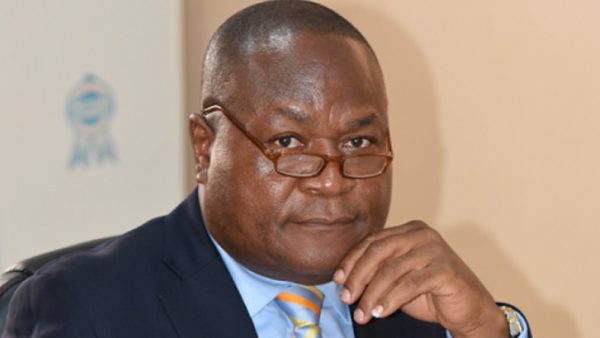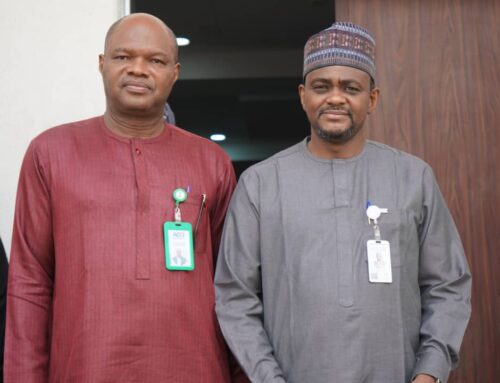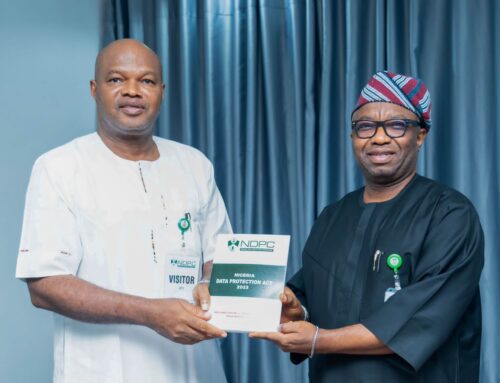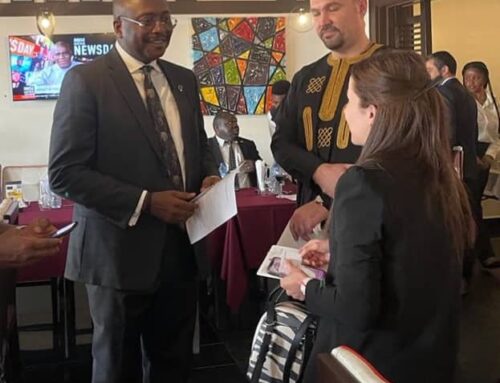Prince Adetokunbo Kayode, a former cabinet minister, the President of the Abuja Chamber of Commerce and Industry (ACCI) and the Trade Policy Ambassador of the African Union (AU), says in this interview that Nigeria is positioned to benefit from the African Continental Free Trade Area AfCFTA pact.
President Muhammadu Buhari recently signed the African Continental Free Trade Area (AfCFTA) pact after some hesitation. To what extent was the organised private sector involved in the process?
The organised private sector in Nigeria has been in the forefront of the serious conversation as to whether Nigeria should sign the AfCFTA, which has been approved by the AU. Few days ago, our president signed that agreement. We are very elated at this. We will ensure that it is to the benefit of all Nigerians. There were challenges as to whether Nigeria should sign the agreement. The controversy was as a result of perceived disadvantages the agreement might have for a country like Nigeria. There were other issues like lack of consultation. True; there was no consultation. But many of us took interest, reviewed it against what could be obtained in other parts of the world and saw there were advantages for Nigeria. It is always important for the government to consult with the private sector, especially in the areas of policy that impact on things like trade, industry, health and education. This is not the usual practice in Nigeria. What happened with AfCFTA has shown that government must engage actively with the private sector on policies.
What is your take of the perceived challenges of the agreement?
Let me quickly talk about the perceived challenges and what we can do to turn the challenges to opportunities. Right now, we are the acclaimed largest economy in Africa, but we know the truth; that our economy is large but not developed. It is still based on mono product; which is oil. We’re just an oil-producing country. We are not the real oil economy that has all the oil chains. The important thing is that the challenges are real, especially lack of competitiveness. It is believed we don’t have the competitive edge because cost of production in Nigeria is very high. It is believed that our regulatory framework is opaque; and that is true. It is believed that we are not doing well in ease of doing business despite effort in the last two years; and this is true. It is believed we have a problem with power; and it is true.
How can these challenges be turned to opportunities?
All these issues are challenges, but 90 per cent of them are government-related. All government needs to do is to take these issues and resolve them. Instead of asking for nine documents to export a product, make it one document. Instead of pushing people from table to table for customs clearance, use technology – a single window. Government at the highest level should insist on what is good for the country. The president is strong-willed. We should put an end to regulations being a stumbling block to business. We need to put an end to government agencies going the opposite of what they were set up to do and you will see that things will take shape. Let me talk about power. Do you know that Egypt delivered 10,000 megawatts of power in 27 months? We are doing something that is not working. Some of these problems are inherited problems, but government is a continuum.
Some people fear that Nigeria may be a dumping ground of goods, how true is this?
There is nothing called dumping ground. Those items presumed dumped were imported. Somebody paid for them. If you go to Benin Republic now, 99 per cent of people importing rice there are Nigerian businessmen working with their customs friends who we turned into billionaires because we banned importation of rice. None of us prefers imported rice to ofada rice, and neither will we prefer imported cables to made-in-Nigeria cables, neither will we prefer our ankara textiles to imported ones. It is when you are not producing enough that people will import. We are not producing enough. I go round Africa and I can say that Africans are excited that Nigeria signed the agreement, but they are also afraid that Nigeria will take over. They respect our strength. They know that we are strong. Nigeria is 200 million people by UN statistics. A lot will come out by Nigeria signing this agreement. There will be industrial growth and we need to take the issue of industrial growth serious. This can only be done at the local level. Operating from Abuja will not make it happen. The states have to support industrial growth. We have the National Industrial Council (NIC) which the vice president is the chairman by virtue of the constitution, and all the governors are members. Governors need to take deliberations of the NIC serious and implement in their various states for industrial growth.
Read more: https://www.dailytrust.com.ng/nigeria-will-dominate-trade-in-africa-with-afcfta.html








Leave A Comment